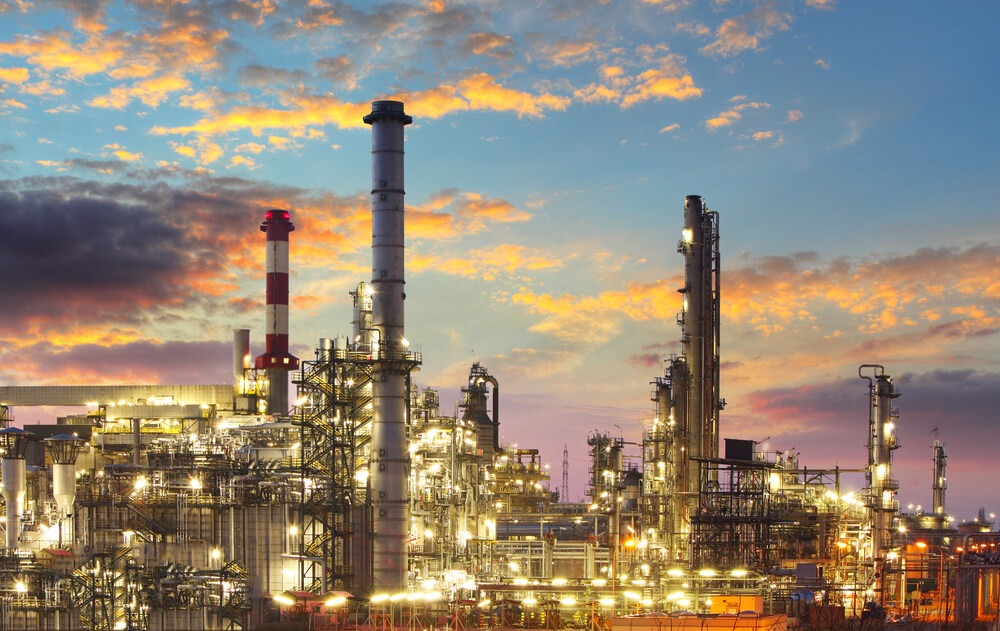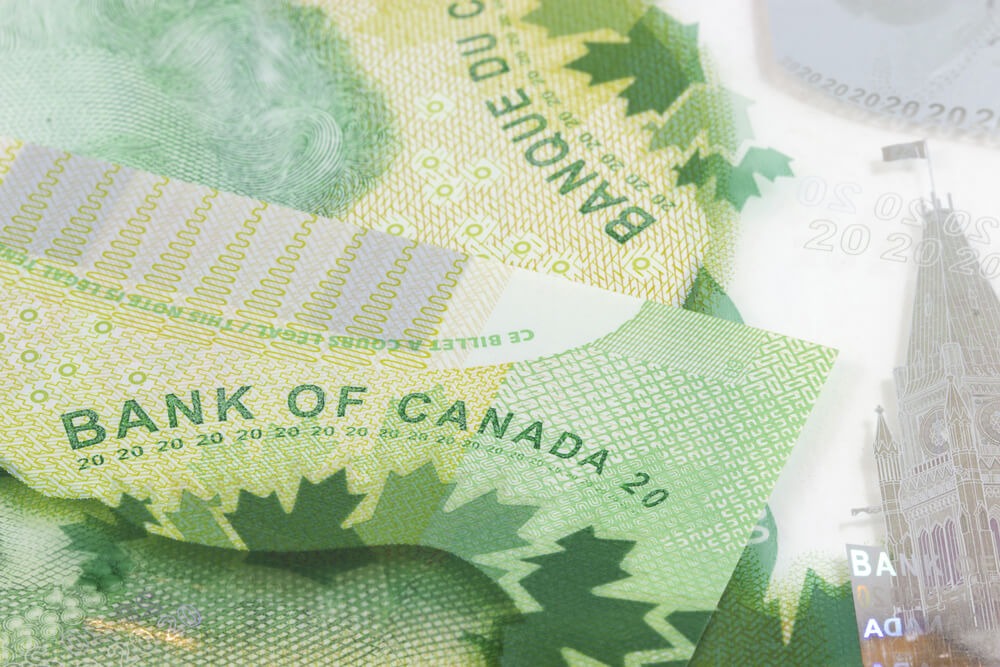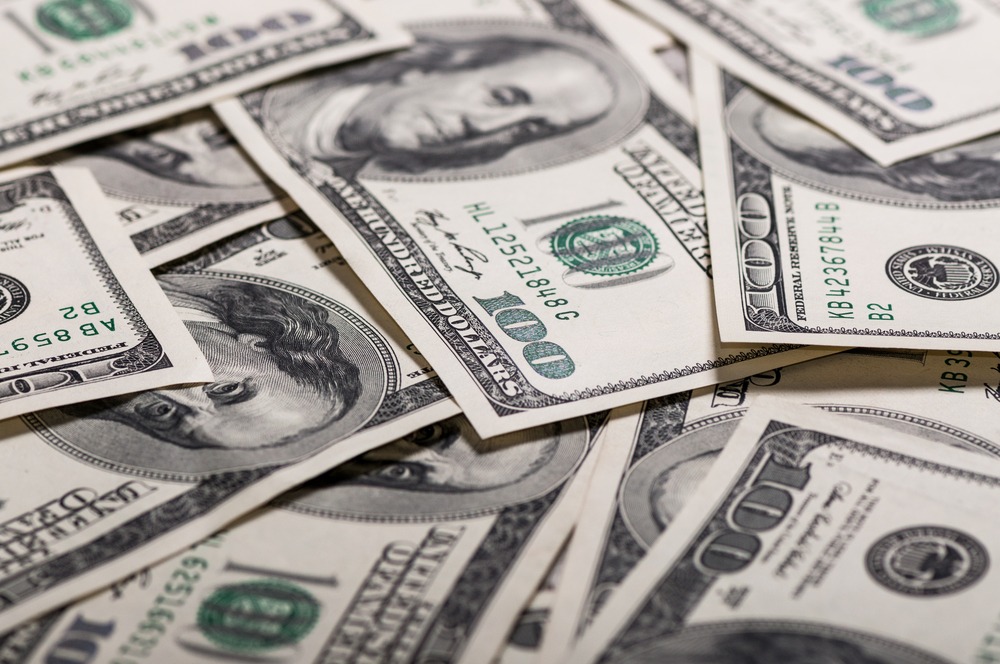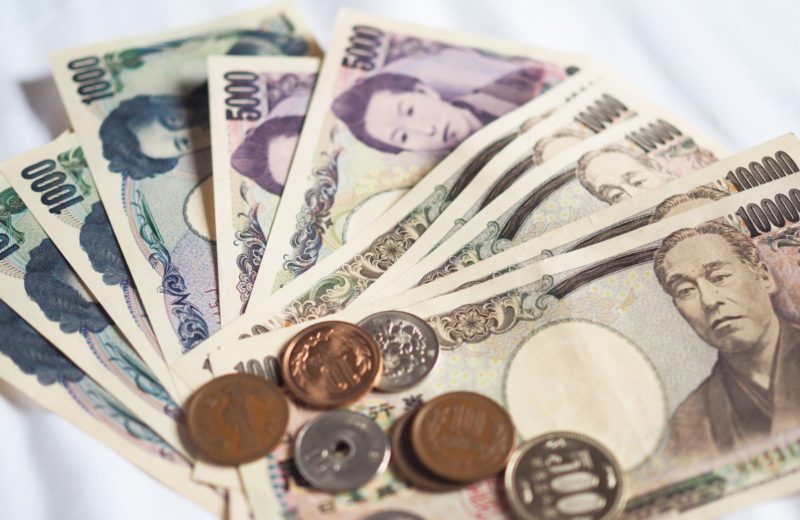Investors cheer over the news that the US-Iran nuclear deal might have a delay of at least 10 days and send oil prices up.
Last week, Iran elected former Chief Justice Ebrahim Raisi as its new president. The leader’s ascension into power is expected to create a deviation in the ongoing talks.
On the other hand, analysts noted that Raisi’s election might actually solidify the reentrance of the nuclear talks between the two countries.
Traders are focusing more on the immediate effects of the delay. This means that there will be no 500,000 to 1 million barrels per day in addition to OPEC’s supply over the next 10 days.
It is worth considering that the president-elect is more critical of the United States compared to his predecessor.
Nevertheless, experts in international relations noted that Ayatollah Ali Khamenei will still have the last word on the outcome.
This means that black gold investors will remain on track with the developments of the talks over the coming weeks.
Along with the news, Brent crude hiked by $0.23 to $73.74 per barrel. This extends its gains from last week, which is the fourth consecutive week of gains on record.
Meanwhile, the West Texas Intermediate added $0.30 to $71.94 per barrel. The American benchmark remains steady above the critical support level of $70.00 per barrel that it surpassed in the past weeks.
Another factor that added to the upside is the improvement in demand amid the summer season.
Spot contracts for both the United States and Europe have already felt the ballooning in summer demand.
This trend is expected to last over the next four weeks, driven by strong consumer demand for crude oil.
Natural Gas Heats Up
Meanwhile, the growing orders for natural gas have also turned out to be supportive of prices.
Last week, the commodity’s futures contract ended Friday at $3.22 in British thermal units. This translates to a nearly 100% increase from the same period a year ago.
For the record, it was during such time when producers struggled to discard their stockpiles as demand bottomed at an unprecedented rate.
Today, it managed to recover at a better than anticipated rate due to the entrance of the summer season in the Northern hemisphere.
Citizens have boosted their air conditioning consumptions as the summer heat continues to sweat citizens in the Southwest states.
The same trend has emerged in some European nations, particularly in Western Europe.
















